“I like the ugly side of life – bad behaviour and people always interest me”: Leo Leigh on Sweet Sue
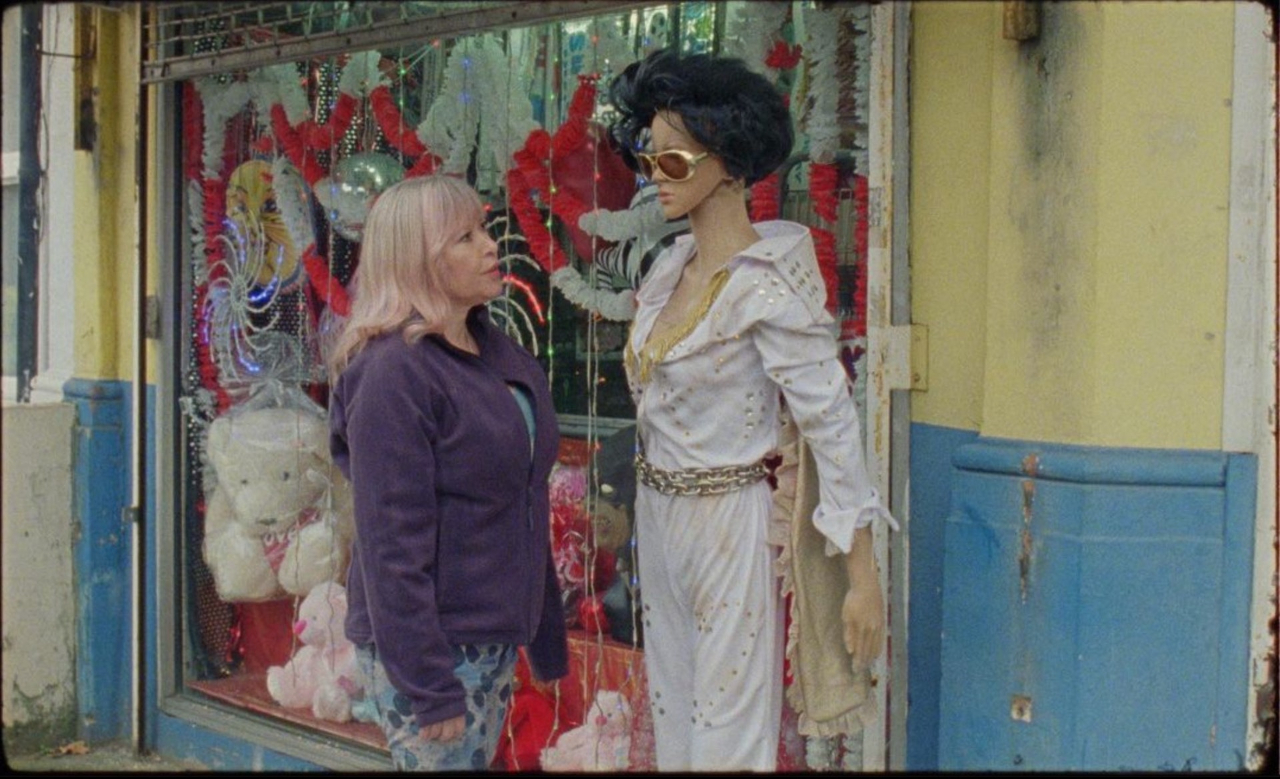
BIFA-nominated director and writer Leo Leigh’s latest feature Sweet Sue is a gritty comedy-drama following the life of Sue, a middle-aged party shop owner, trying to navigate the dating scene. She meets brooding biker Ron at her brother’s funeral and her life alters as she faces love, complicated family dynamics and questionable dancing.
The Upcoming had the pleasure of hearing from Leigh as he discussed his debut fictional feature, the inspiration he finds in people and the power of the party shop.
Congratulations on Sweet Sue, I loved it, it is so funny and real. For audiences waiting to see it, what can you tell them about what to expect from your film?
Well, I wrote it a very long time ago and at the time I based the characters on people that I had met in real life. I feel I wrote it in a very instinctual way, and I didn’t think too much about the themes until I started to pitch it to people. I started having discussions about what the film was trying to say, and I realised that the film was actually about love but not love in a sentimental way. I think Sue was looking for love, I think Ron didn’t know he was until he found it and Anthony doesn’t understand love or, if he does understand it, he disrespects it. I think the themes in the film are the pursuit of happiness and what it means to be a human of a certain age.
Your protagonist Sue is such a funny and likeable person. What made you want to bring this character to life?
Sue is based on someone I met at a party, a woman from the East End in her 50s, and I just found her character fascinating. I had her in my mind for a while and I had other people based on Ron and Anthony. They were all in my mind as separate entities. When I started to figure out my material, Sue felt like the best way into the story. The other half of it was about wanting to make a film outside my comfort zone on some level. People ask me all the time, “Why did you make a film about a woman in their 50s?” and I also think why not? For me, it was an option just like any other. When I began writing Sue became a fuller character and then rehearsing with Maggie O’Neill made Sue come alive.
I understand that a lot of your creative process starts with improvisation and then the script blossoms from there. Was this the same for Sweet Sue?
Yes, there is a script, which is pretty much the film you see, it has the characters, structure, and story. It is written in a conventional script format but there is no dialogue in it. I work with the actors and we rehearse for five weeks. We start to investigate the scenes and we live-write them. We did many scenes that don’t exist in the film for the characters to become fuller. For example, take the scene in the clothes shop, near the rehearsal space there was a T K Maxx, and we went to it and rehearsed there for an hour and a half. This is the scene you see in the film, but it is a lot longer in reality. The actors have a real input in their characters.
And did your ideas ever differ from the actor’s vision of their character?
We all knew who the characters were based on the script. So, things never changed in the sense that my ideas altered but they just became richer. For instance, take the character of Ron, it felt like something was missing about his character. After discussions between myself and Tony Pitts, it became apparent that his character was very knowledgeable – so I emphasised that and pushed it more. Our production designer, Lucie Red, is a mudlark and so I knew that if I decided that Ron should also share this hobby – it would not be too much to put onto Lucie. That was something that came from rehearsals, it was not in the script.
It is such an interesting aspect of his character; it softens him. Talking of Ron, I found the connection between Ron and Anthony surprising. Was this intentional?
In the original script, you didn’t see Anthony at all until he was introduced. However, through the process of making the film, I thought it would be more interesting to pepper him in and see if people make the connection. I met a guy in a pub a few years ago and he was discussing that he was struggling with his son. He was uncomfortable with his character. He felt that every time he went to an event he took over and he was very confused about it. Then his son arrived, and he did take over the conversation in a sense, and this guy just shut down and went in on himself. That interaction was always so interesting to me and quite sad really. This is the reason that the relationship between Anthony and Ron exists because of the people I met. I think Ron could loosen up a bit and go with the flow and then they would get along well but he has put up this barrier and at the same time Anthony antagonises him.
We can’t talk about Anthony without mentioning your inclusion of social media in the film. It is so cleverly done because it is not the main focus of the plot, but it is an obvious aspect of his life. What made you include this?
Definitely. I didn’t want it to become a film about social media in the same way that I didn’t want it to become a film about biking. Social media is just an extension of his character. It is something he does, and I didn’t want it to become a huge thing. It allowed us to have him deliver these monologues. It was a great opportunity to have this character say what he was thinking but in a fake way. It is not an honest depiction of what he thinks; he is delivering a performance. It was an interesting device to explore his relationship with his sugar daddy. It feels very intimate and personal, but you know that other people are watching. So, it has an ugliness to it.
As a filmmaker, would you say that human connection is a source of inspiration?
Yeah, I would say that nearly every idea that I have, no matter how bizarre or absurd, has to be grounded in that in some way. In this film, I felt like I was quite restrained or perhaps on my best behaviour. I just didn’t want to take the piss too much because that is my default thing. With the shorts I have made, I feel I went OTT with that. I want people to feel something, but I am just so into the absurdity of life. I like the ugly side of life, bad behaviour and people always interest me. It always has to be grounded in some kind of human connection and realness otherwise, for me, I can get a bit lost.
You have done documentaries before. Did you take any of this experience with you into Sweet Sue?
I didn’t in the way we made it. I made documentaries for a long time and I was lucky enough to work for a company that let me have creative freedom. If I met someone interesting down the pub, I would try to make a documentary about them. Now I suppose I do the fictionalised version of that. I was interested in people sitting alone in restaurants in my last documentary and in Sweet Sue. For me, if it is from Monday to Thursday it is fine but from Friday to Sunday it becomes quite tragic. I find my experience in documentaries allows me to create stories from people I see even if it is just for five minutes. There is a guy right now across the street, in front of his computer, and now he is picking his nose, and, for me, I could see him in a film.
On the more practical side of filmmaking, the costumes were so good. Can you tell us a bit about the process of choosing those?
I am really glad you asked me that because I worked with Verity May Lane and she is really good. We all shared the same building when we were rehearsing so the actors could discuss with her their ideas for their characters. She has a really good sense anyway but when you can work with an actor you can decide who they are and what they are about. She had this amazing ability to choose colour palettes that worked with the set decoration. She would go shopping with the actors because I trusted her so much. She is amazing at what she does. Anthony was a challenge because we didn’t have much money when we made the film, but he spent a lot of money on his clothes. We discussed how his character would definitely shop in H&M but at the same time his mother has money, and his sugar daddy would give him money too. So, she managed to nail the expensive look on a budget. With Sue, we wanted to create looks inspired by her 20s and 30s and reimagine them.
And what made you decide that Sue was going to be the owner of a party shop? Was it still inspiration from the lady you had met or a different idea?
No, it was a separate event. I went into a party shop and a woman was sitting down surrounded by fun balloons and colours and unicorns, but she was SO miserable. She looked like she wanted to beat someone up. She just looked very pissed off and as an image, it really struck me as a comically tragic juxtaposition. A couple of streets away from where I live there is a party shop and I always thought it would make a fantastic location. It felt like a good aesthetic and an interesting job for her to have.
What was your biggest challenge when making this film?
The budget really and time. It felt like we didn’t have enough time. You rehearse a scene and think you are going to shoot it in the way you blocked it but in reality, you don’t have that time. It is just the nature of filmmaking. Hopefully, in the next film, we can have more time to flex our muscles.
What can we expect next from you?
I have a film in development with BBC Films. I don’t know if I can talk about it because I am paranoid about people stealing my ideas. It is a darker and slightly more horrific tale set in the past. It is not a horror at all though; it is still about real people. I am hoping to make that as soon as possible. I have a lot of ideas and I am constantly trying to get things made.
Tilley Bennett
Sweet Sue is released in select cinemas on 22nd December 2023.
Watch the trailer for Sweet Sue here:

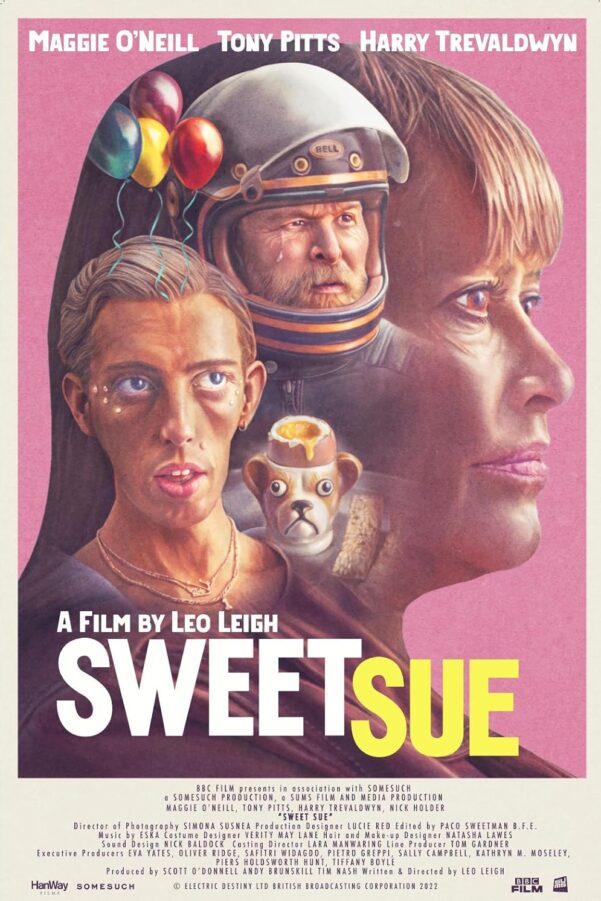
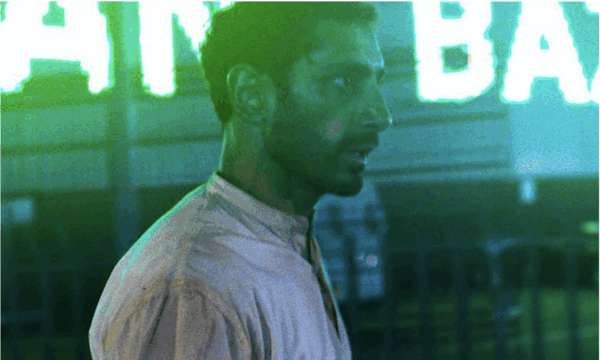
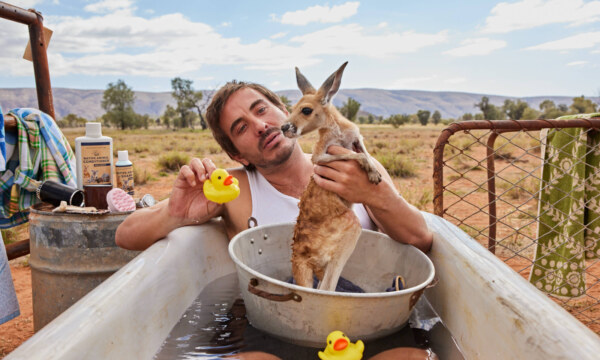
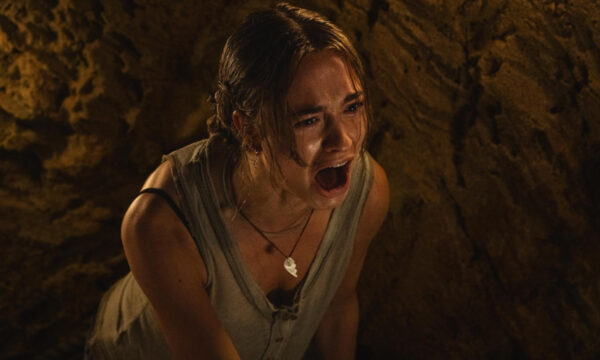
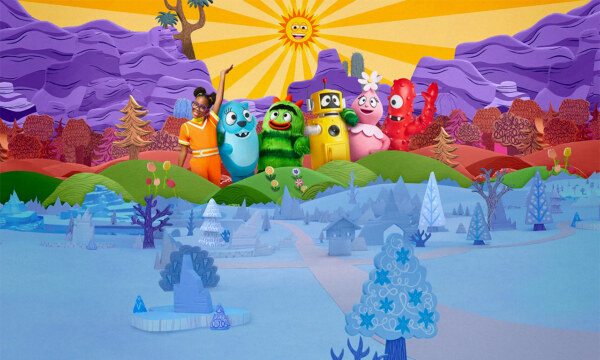
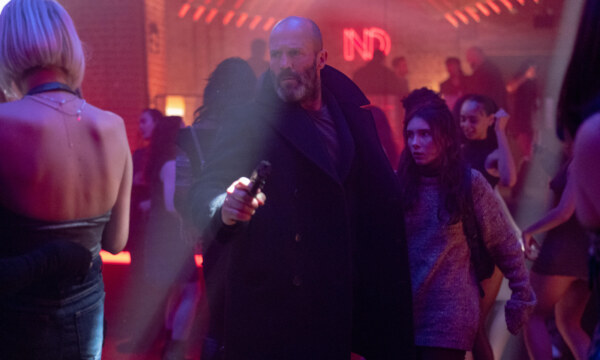
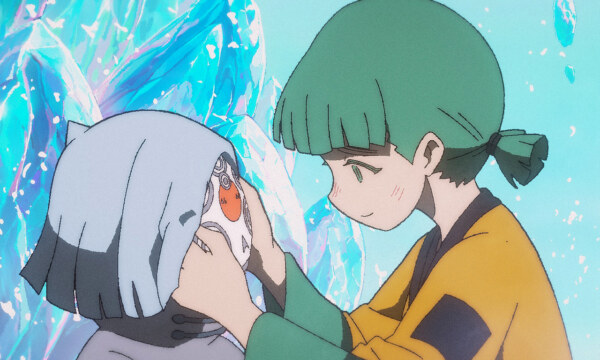
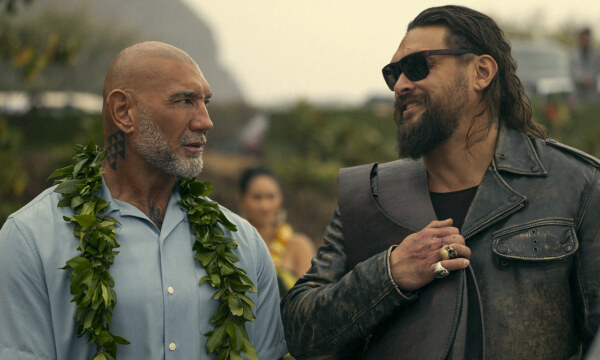
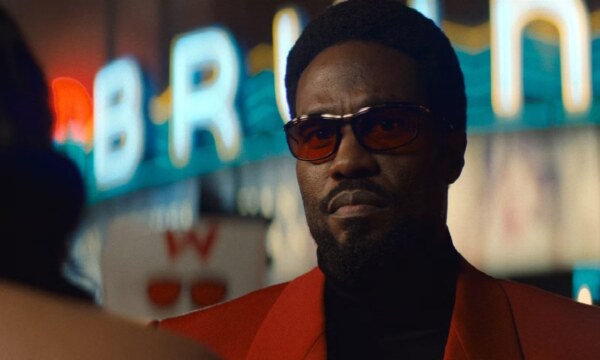
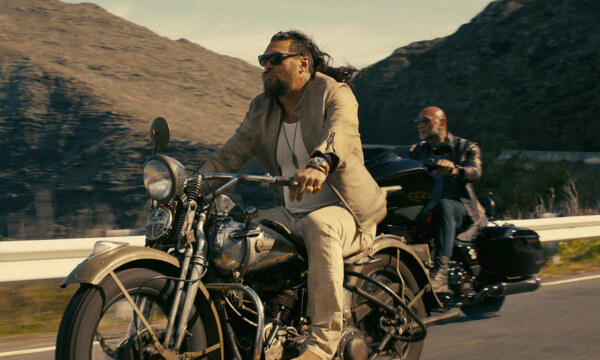


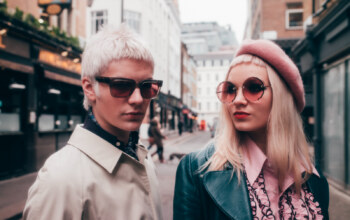
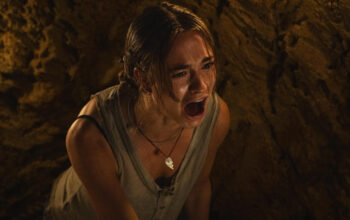
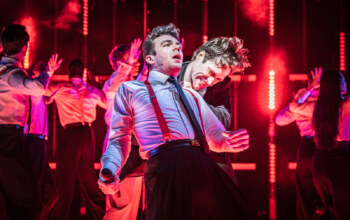

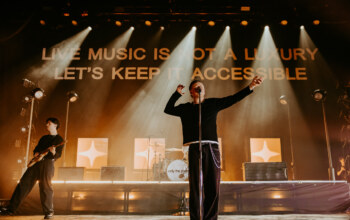
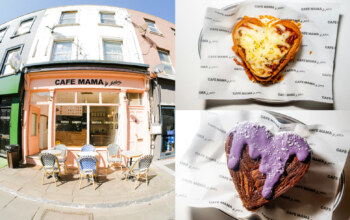
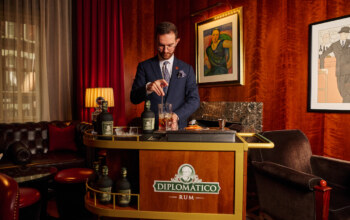


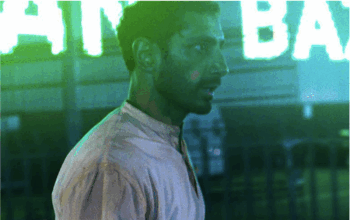

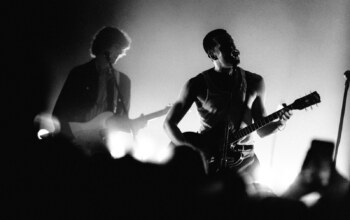
Facebook
Twitter
Instagram
YouTube
RSS